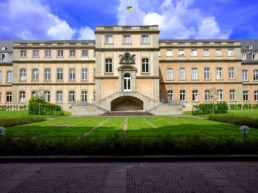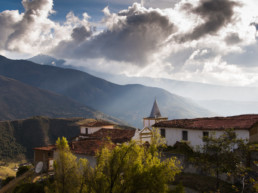Summer in Europe is swell. The weather is lovely, festivals are in abundance, and cities are buzzing with outdoor activities and attractions. But as you might expect, these favourable elements create a travel paradox; because summer is such a nice time to visit, hordes of tourists descend on Western Europe, ultimately rendering it a less desirable destination.
From June to August, much of Western Europe is overrun with all types of travellers, from families taking advantage of their kids’ summer vacation to university students attempting the quintessential ‘Euro Trip’. Many prominent cities are crowded and the tourist-to-local ratio is way off. Locals flee to more remote and lesser known destinations, leaving disgruntled service workers who have to stick around and pander to out-of-towners.
To help you make the most of your summer in Europe, here are a few useful peak season travel tips:
Travel Tips for your Summer in Europe
1. Plan ahead.
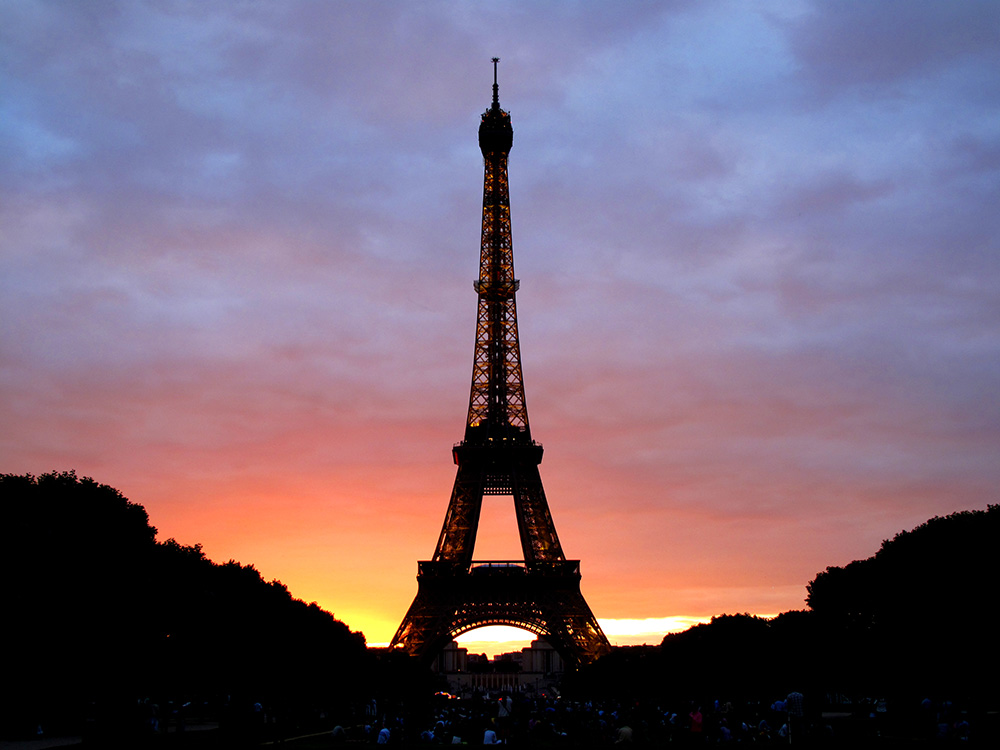
While I’m generally supportive of a ‘wait and see’ approach to travel, which involves leaving most details up in the air until you arrive at your destination, spending summer in Europe requires more upfront planning than this lax strategy. Planning key elements of your trip ahead of time can help you save time and money.
Given its popularity, traveling to Europe in the summer is more expensive than other times of the year, so it’s best to book accommodation early to get the best rates and availability. If you’re planning on moving around, arrange any trains, buses, and short haul flights well in advance to take advantage of any early bird discounts, as the price will often increase significantly as the date approaches.
2. Stay outside of the box.
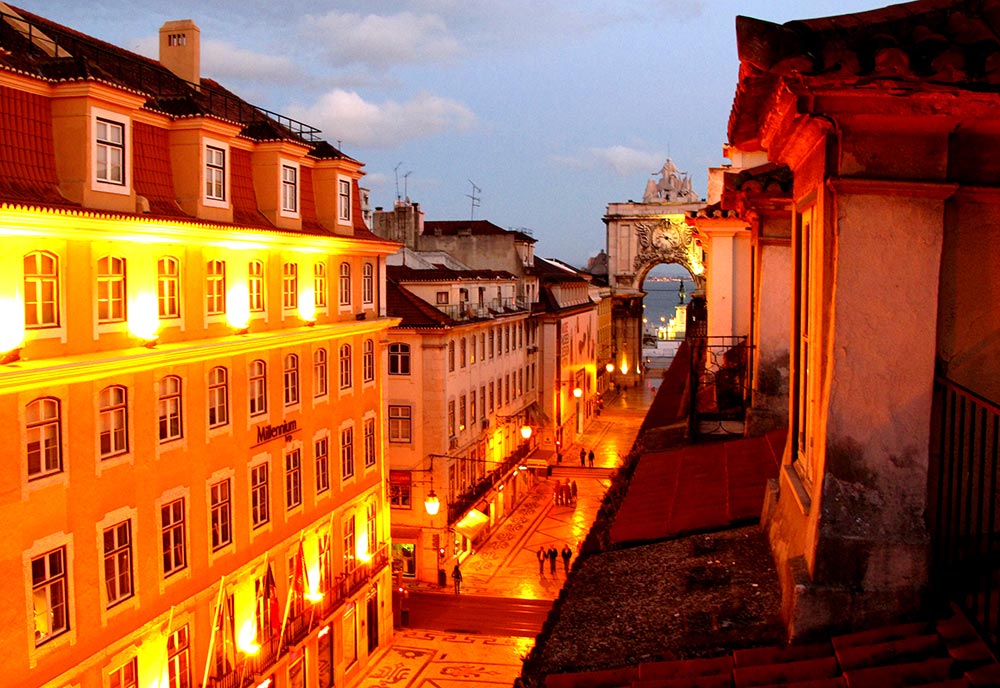
Standard tourist hotels often raise their rates during the summer in an attempt to capitalize on the city’s many visitors. Alternative accommodations can provide significant savings that can be reinvested into other areas of your trip.
Renting an apartment can not only provide more interesting digs than a chain hotel, but can be much cheaper, especially since you’ll have a kitchen to make your own meals. Also, booking a private room in a reputable hostel can be less expensive and in many cases higher quality than a budget hotel. While most travellers wouldn’t consider a hostel after their university years, many have private rooms that are surprisingly modern, comfortable, quiet and budget friendly. See my comparison article for more ideas: Hotels vs. Hostels and Everywhere in Between.
3. Get the cheapest airfare.
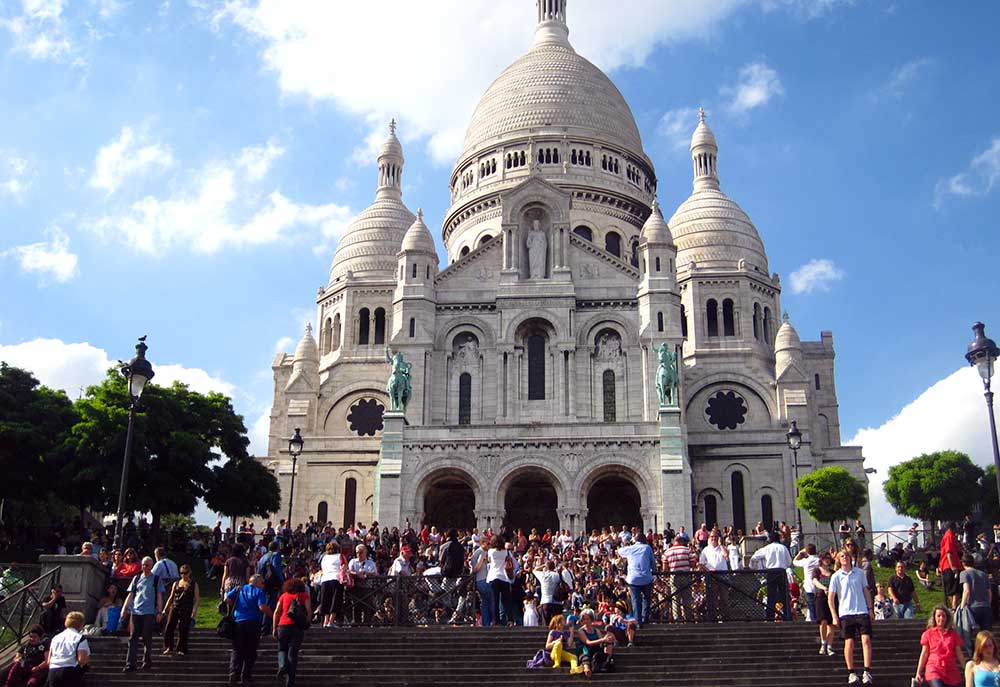
It’s clear that summer is expensive, and airfare is certainly not exempt to fare hikes. Use metasearch tools such as Kayak and Skyscanner to find the cheapest fares available across hundreds of platforms.
If your dates are flexible or you’re open to flying into a nearby airport, you can save a tonne. Kayak’s Explore feature allows you to see the cheapest fare to hundreds of cities from your home airport by month, season, or throughout the entire year. Skyscanner allows you to search on many open ended fields such as date and destination, so you can view all flights from a certain airport if you haven’t settled on a city or, if you know your location but your dates are flexible, you can view the flight prices over the season to determine the most affordable time to visit.
If you can’t budge on the dates or arrival airport, set up price alerts through Yapta or Airfare Watchdog so that you can track the price and buy when it’s at its lowest. For more great travel planning resources, read: Travel Planning Resources to Optimize Your Next Trip.
4. Be strategic where you eat and drink.
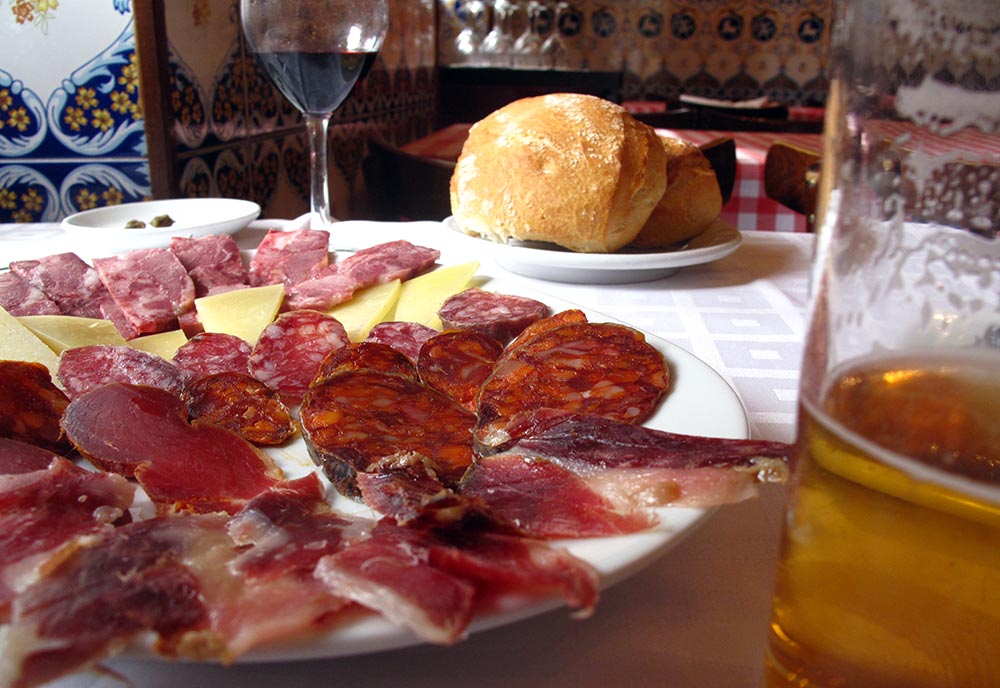
Do not, whatever you do, spend time in the overtly tourist-centric areas other than to see the sites. The restaurants and venues here cater exclusively to tourists and, as a result, can be expensive and inauthentic.
The establishments in these high density tourist spots are heavily subsidized by travelers’ wallets, which often, to the dismay of locals, corrupt the mentalities of owners to pursue a ‘higher cost, lower quality’ strategy. To ensure you enjoy a great meal and avoid getting ripped off, do your research online or look for restaurants in local neighbourhoods that are off the beaten path. Sites like Spotted by Locals can help point you in the right direction.
To ensure a good and affordable meal, follow the locals. If more than half of the people in a restaurant are tourists, don’t eat there. Years ago, this golden rule of dining abroad was shared with me by a fellow traveller and it has since saved me from many mediocre meals. Remember, just do as the locals do.
5. Stay in local neighbourhoods.
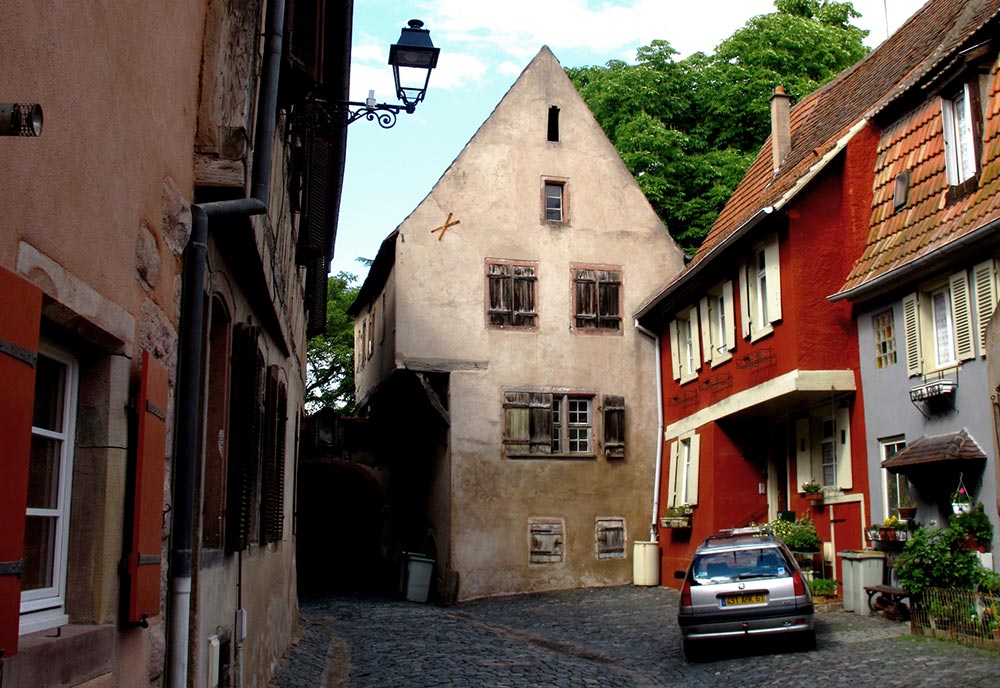
A town’s centre, or wherever its main tourist draws are clustered, is expectedly where you’ll find the highest concentration of visitors. Many tourists tend to stay within the boundaries of these zones, enjoying the subtle comforts of being surrounded by people just like them over exploring the unknown frontiers beyond.
To gain a broader perspective of the city you’re visiting, look for accommodations in less tourist trodden districts. Often you’ll witness the culture and way of life first hand, and have a local home base from which to explore your new neighbourhood and the surrounding city.
A great way to experience a city as a local is by renting an apartment for your visit. Short term rental sites such as Airbnb and HomeAway offer a wide range of accommodations from the economical to the opulent. As you’ll be staying in someone’s home, you’ll often find yourself in more residential areas of the city, providing a unique opportunity to live as a local. An added bonus is that most hosts are a great, unbiased resource willing to share information on restaurants, attractions, and events that will make your experience that much more memorable.
6. Spend time in lesser known towns.
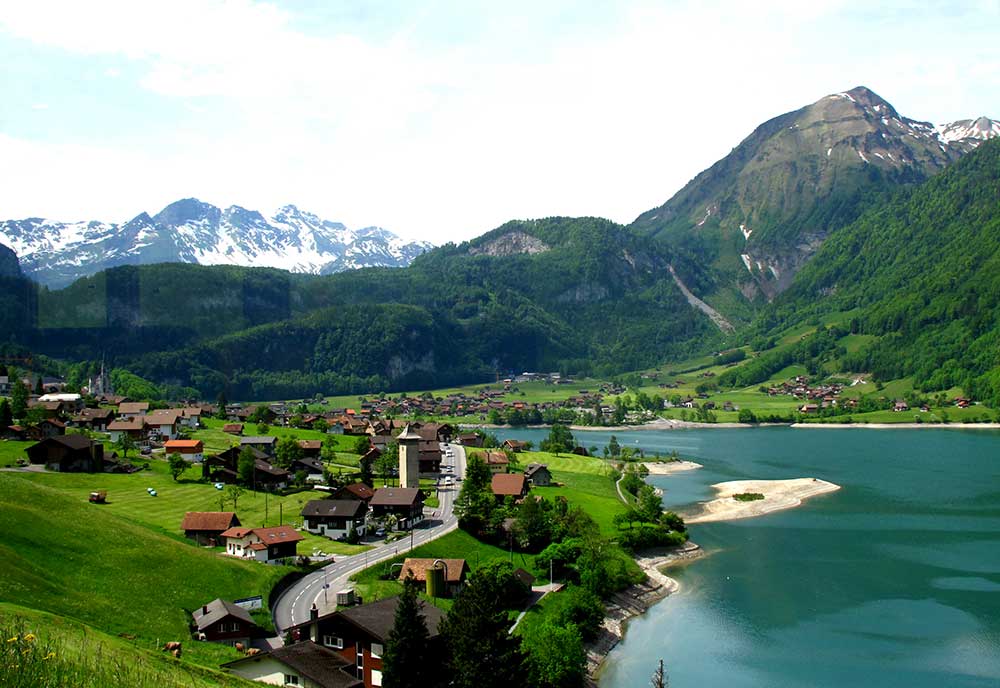
Many city dwellers will tell you that their region’s true culture resides in the traditional towns outside of a city’s borders. These outlying areas are the true heart of their districts, the origins of what makes a particular country/region/city endearing in the first place. Travellers flock to regional capitals and dominant cities to find this authentic character, but often it has been distorted by decades of tourism.
Supplementing your city experience with less urban locales will give you a deepened perspective of local life. These spots usually experience less tourism, thus have not been forced to cater to tourists, and embody the qualities one usually equates with a certain region.
A great way to experience these off the beaten path spots is to plan a day or weekend trip from your planned destination. Taking the train is a good way to see more of the region or rent a car and have the freedom to stop as you wish along the way. Alternatively, you could choose to stay outside of the main city altogether and take a train or bus in when you want. This allows you to experience what all the fuss is about while providing an escape from the tourist madness.
7. Be strategic when visiting the prime attractions.
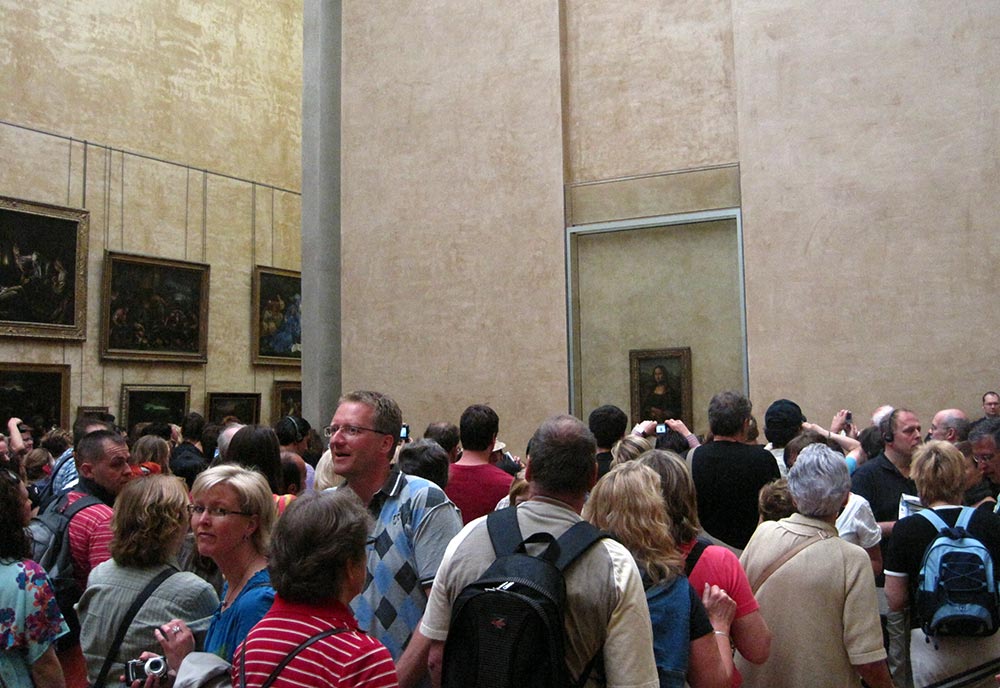
If you’re interested in seeing some of the popular sites, expect to spend a lot of your time waiting in lines and shuffling through crowds. Save your sanity and do a bit of research in advance to make the most out of your limited time.
Many prime attractions allow you to prebook tickets at a set time, essentially letting you skip the line of ‘walk ins’ when you arrive for your time slot. Popular spots like the London Eye, Vatican Museum, and the Eiffel Tower let you book in advance, which will get you in and out much faster than just showing up and waiting in the never ending queues.
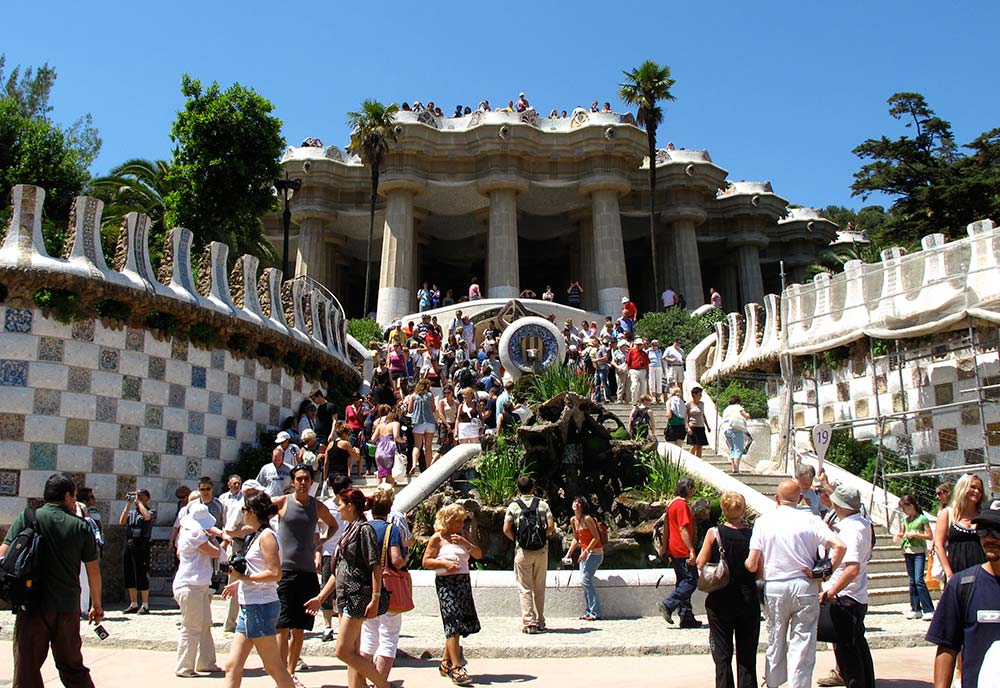
It’s also worth looking into city passes, which can often be purchased for a set price and allows free or discounted entry into a number of attractions. The Holland Pass allows fast track entry into a number of museums, galleries, and other sites in several Dutch cities, while the Paris Pass allows cardholders skip the line at the Louvre, d’Orsay, and Place Pompidou among other attractions.
Another option is to book a public or private tour as groups often go through a separate entrance at busy attractions. It may be expensive relative to going it alone but can be worth the time that you save. And hey, you’ll probably learn more too.
If none of the above options are available to you and you’re dead set on hitting up some popular attractions, then ensure you visit at off peak times. Plan to arrive well before the doors open in the morning or right before the final admittance in the evenings when the crowds will be at a minimum.
8. Seek out less popular sights and attractions.
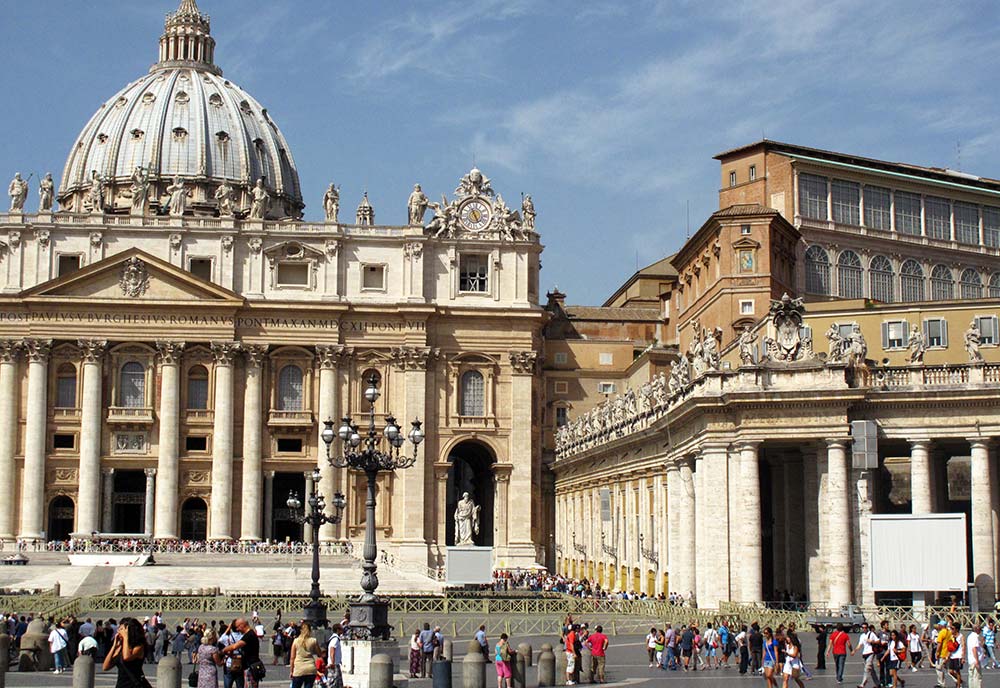
To avoid the crowds, look into lesser known attractions that may be smaller and more niche. Further, forgoing the standard tourist agenda and seeking out alternative activities aligned to your interests will not only allow you to escape the masses, but will likely be a more memorable experience. When traveling, especially to a highly touristed locale, it’s easy to feel pressured to see everything ‘worth’ seeing, but avoid the temptation as this will literally drain your energy as you’re herded along with the swarms of other tourists, leaving little opportunity for enjoyment.
If you’re into fashion, it’s okay to skip the Louvre to peruse the boutiques and ateliers in Paris. If you’re into food, there’s no problem with going on a crawl of authentic food in Rome instead of hitting up the Vatican museum. Seeking out activities that reflect your interests is the most effective way to extract maximum enjoyment from your travels and will likely provide a much needed reprieve from the bustling tourist scene.
No matter what you do, you’re going to find it busy in much of Western Europe in the summer months. But by being prepared before you arrive and strategic in planning your time, you can have the perfect trip.
What’s your strategy for peak season travel? Have you spent summer in Europe? Let us know your tips in the comment section below.
Photos for “Summer in Europe: Maintain Your Sanity in Peak Season” by JP Bervoets and Lauren Barth
Make your next trip the best one.
Departful is a full service travel agency creating truly exceptional travel experiences that are 100% personalized to you. Wherever you’re going, whatever your interests, we help you plan the perfect trip.
Lauren
Lauren co-founded Departful in 2012 and is the Managing Director of Departful Media. Since then she has worked between North America and Europe and has published content in partnership with a variety of tourism boards and businesses based around the world. Lauren is currently based in Toronto, Canada.



